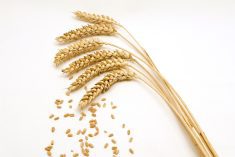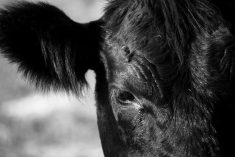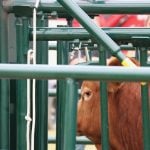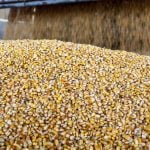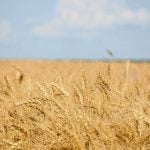The Saudi government will not implement a recommendation by an advisory council to ban dairy exports, the kingdom’s agriculture minister said in an interview Feb. 2.
The advisory Shura Council approved a recommendation Feb. 1 to ban exports of dairy products as part of the desert kingdom’s efforts to save water.
“The government’s policy is to reduce the production of crops that use a lot of water. Dairy products do not use a lot of water. They use barley to feed cattle and barley is imported,” Fahad Balghunaim told Reuters.
Read Also
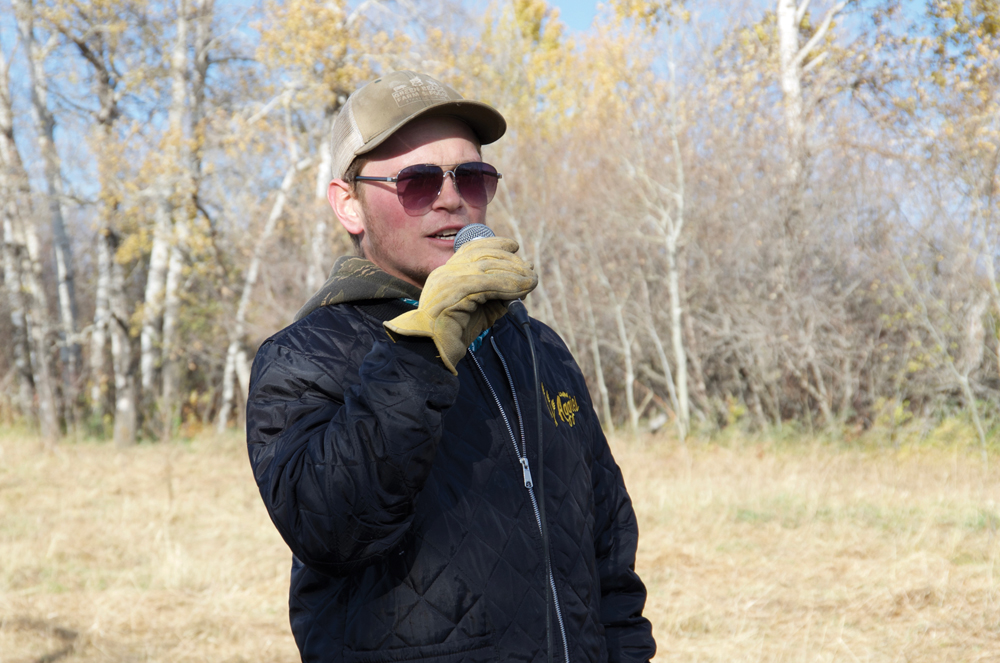
Koscielny in as MFGA board chair
Zack Koscielny is one of several more youthful faces chosen for the Manitoba Forage and Grassland Association’s incoming board.
The Shura’s recommendation was widely picked up by local newspapers and sent shares in Almarai Co., the Gulf’s largest dairy firm by market value, down by as much as 3.1 per cent Feb. 2.
Shura Council members are appointed by the king. Although its decisions are not binding, it has become a forum for debate, encouraged by King Abdullah’s calls for reform in the absolute monarchy.
Before the interview with Balghunaim was published, Laurent-Patrick Gally, of Dubai-based Shuaa Capital, said the Shura’s recommendation could negatively impact Almarai’s business if it is put into effect and “act as an overhang until further clarification from the authorities emerge.”
“(Almarai) signed back in 2007 an agreement with the Saudi government to support the export of dairy products from Saudi Arabia,” said Gally after discussing the issue with Almarai.
“At this stage, Almarai is confident that this agreement with the Saudi government remains valid, and does not expect its overall business to be negatively affected by the Shura Council decision,” he added.



